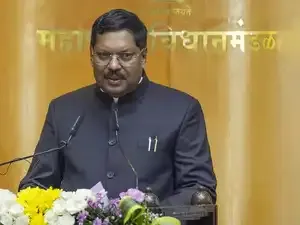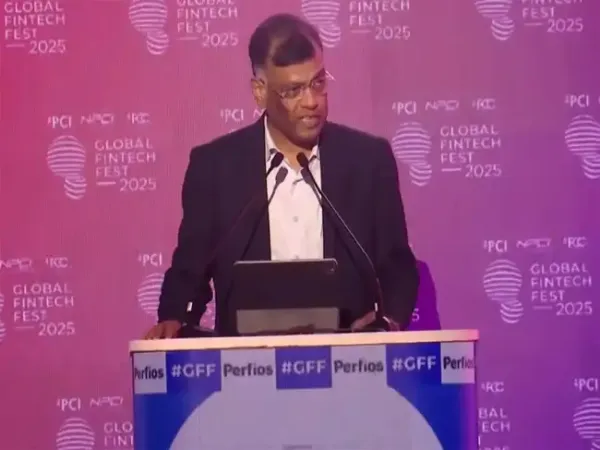
Malaysia has just taken a big step into the future of banking. The country’s financial regulator, the Labuan Financial Services Authority, has given a provisional license to Fasset, a digital banking and investment platform that follows Islamic laws.
Fasset is based in Dubai and Jakarta and focuses on financial services that follow Shariah rules. With this new license, the company can now test and offer services inside Malaysia’s regulated sandbox. This means it can operate in a safe and monitored space while proving its model works under Islamic finance principles.
This move allows Fasset to start building what it calls the world’s first stablecoin-powered Islamic digital bank. The goal is to bring fair and halal banking to communities in Asia and Africa that don’t have enough access to modern financial services.
The bank plans to offer services like deposit accounts, zero-interest banking, and easy cross-border payments. It will also launch a crypto debit card and let users invest in US stocks, digital gold, and cryptocurrencies.
Fasset’s CEO, Mohammad Raafi Hossain, said this approval is a big step forward in combining traditional banking trust with modern fintech innovation — all in a fully halal environment.
Islamic finance follows specific principles. It does not allow earning or paying interest, gambling, or investing in harmful industries such as alcohol or tobacco. Every financial deal must be tied to real economic activity, and all investments have to meet ethical and risk-sharing standards. Many Muslim-majority countries are turning to this kind of finance because it offers fair and transparent alternatives.
With its new license, Fasset also plans to test digital savings and income-generating products that don’t rely on interest. The company says demand for halal digital finance is rising, especially among younger Muslims who want modern yet ethical banking options.
Fasset is also working on its own Ethereum-based blockchain network called “Own,” which will help make transactions faster and fully compliant with Islamic finance rules.
Experts believe Islamic finance is growing fast, from $8 billion today to about $12.5 billion by 2028. Projects like HAQQ Network, MRHB, and Sidra Chain are already popular, but there’s still a large gap in services for Gen Z Muslims who are eager to use digital tools that fit their faith.
Malaysia, meanwhile, is updating its digital asset regulations. The country’s Securities Commission has suggested new rules to let approved exchanges list certain tokens more easily while making sure customer funds are better protected. Malaysia has also launched a Digital Asset Innovation Hub to test ideas like programmable payments, supply chain finance, and stablecoins backed by the Malaysian ringgit, all under the guidance of Bank Negara Malaysia.
-
Is Rashmika Mandanna really banned from Kannada film industry?

-
Lawyer Rakesh Kishore may face criminal contempt for trying to throw shoe at CJI, AG’s approval sought

-
World Octopus Day 2025: Meet The Most Extraordinary Octopus Species Beneath The Waves

-
Indian brewer Bira plans $132 million fundraising; GEM among suitors

-
AI promises efficiency and inclusion but needs strong oversight: RBI Dy Governor Sankar
